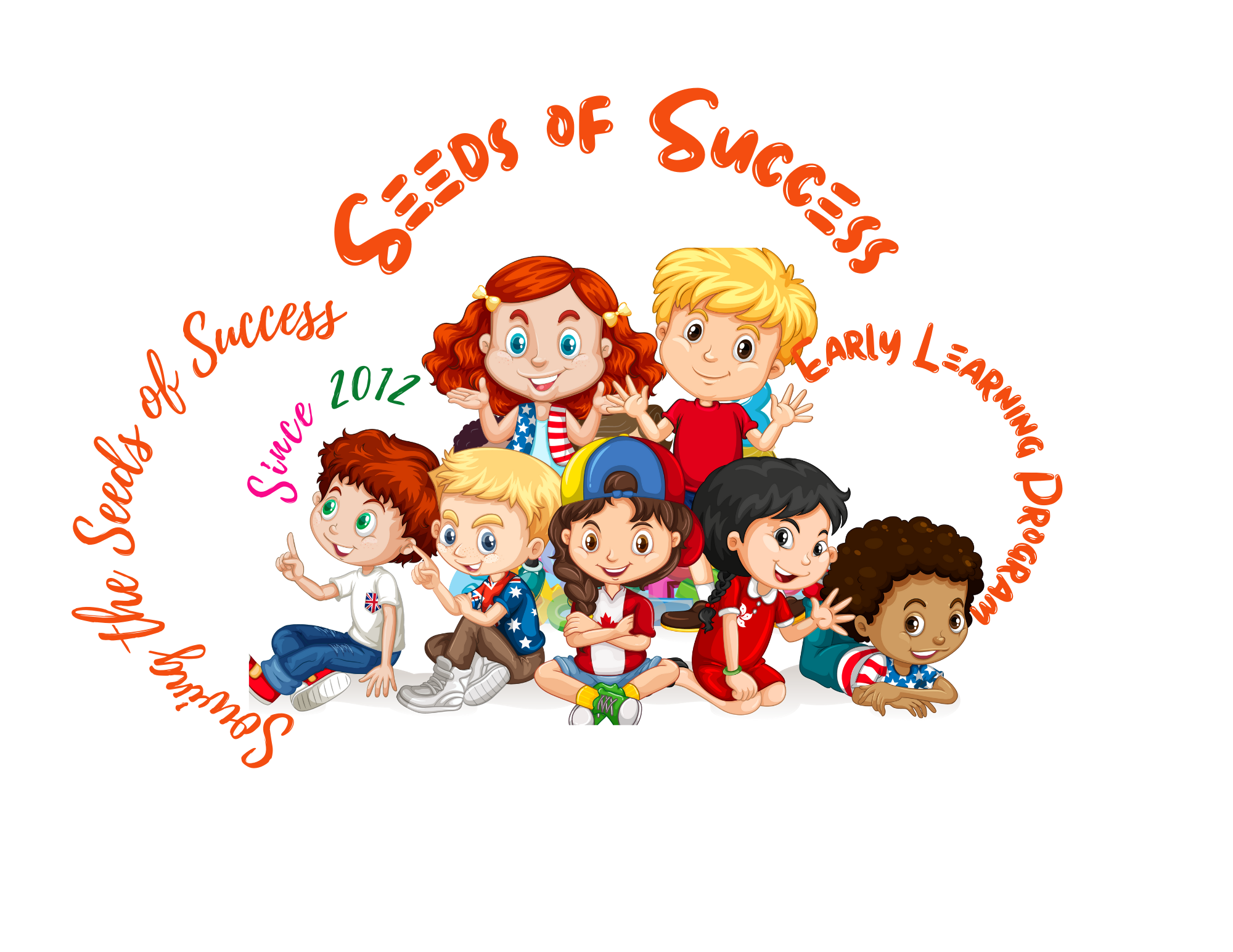What is Emotional Intelligence?
Emotional Intelligence in the early years is to help children to recognize, understand, label, and regulate their emotions. These skills centre around emotions and feelings and can be taught like academic skills. EI is being attentive to the feelings and emotions of self and others. Developing emotional intelligence means learning to find skilful ways of expressing and maintaining emotions.
Why start so early?
Based on the research on brain development, the first five years, especially age 3, is an excellent time to invest in foundational learning of emotions and feelings. At this
stage, the maximum number of new learning pathways is generated in the brain due to talking and reading or doing. Repetition makes these learning connections more robust and basal, so the information is readily available for next time use in the brain. In other words, repetition helps children understand the consequences of actions and behaviours.
Social-emotional & intellectual development at the age of 3
- 3 to five is the thinking stage
- A stage when children try to dramatize thoughts & ideas like pretending to be dinosaurs
- Enjoy pretend play with others
- Pro-social skills grow at the level where children can resolve conflicts by using words
- Experiences various feelings like jealousy, fear, happiness, and anger
- Able to express anger verbally than physically
- Able to explain feelings when asked about them
- Practice a vocabulary of about 900 words
Enhancing social-emotional development through pet ownership
Having pets at home not only brings unlimited love from them but also has fantastic benefits on children’s social and emotional intelligence. Children develop empathy for their pets and others when they experience pet ownership. Taking care of a living being is a big responsibility. Small participation such as brushing the fur or filling up the pet’s food bowl creates an emotional connection and develops empathy. Taking care of their pet also brings a sense of responsibility, and by fulfilling this responsibility, children eventually fill up their bucket of self-esteem. Children also learn to understand their pets’ non-verbal cues, such as waggling tails. Children’s affection and will to tune in with their pets support them in learning the meaning-making of body gestures. By posting a scary or loud pet helps them understand the process of self-regulation of behaviour.
Adult’s expectations of children to be kind and gentle with pets opens the door to practising nursing skills.
Pets make children laugh and play. In a study, children frequently named their pet in reply to a question about who they tell their problems. Another research study shows that 75% of children who practice pet ownership by the age of 7 exhibit fewer emotional problems, peer issues and enhanced social behaviours.
Facilitating emotional intelligence through book reading
Reading aloud during early years supports emotional intelligence in children and extends their knowledge of feelings, emotions, and behavioural consequences. A new vocabulary or scenario of feelings and emotions can be introduced to children during book reading or storytelling by parents or educators. For example, words like nervous, fear or brave fit well with the theme of vaccination or visiting the doctor.
During book reading asking questions about storybook characters makes children think of how to respond in a parallel situation with their range of emotions. It is also important to use developmentally appropriate language to explain to children the expressive words for feelings and emotion



